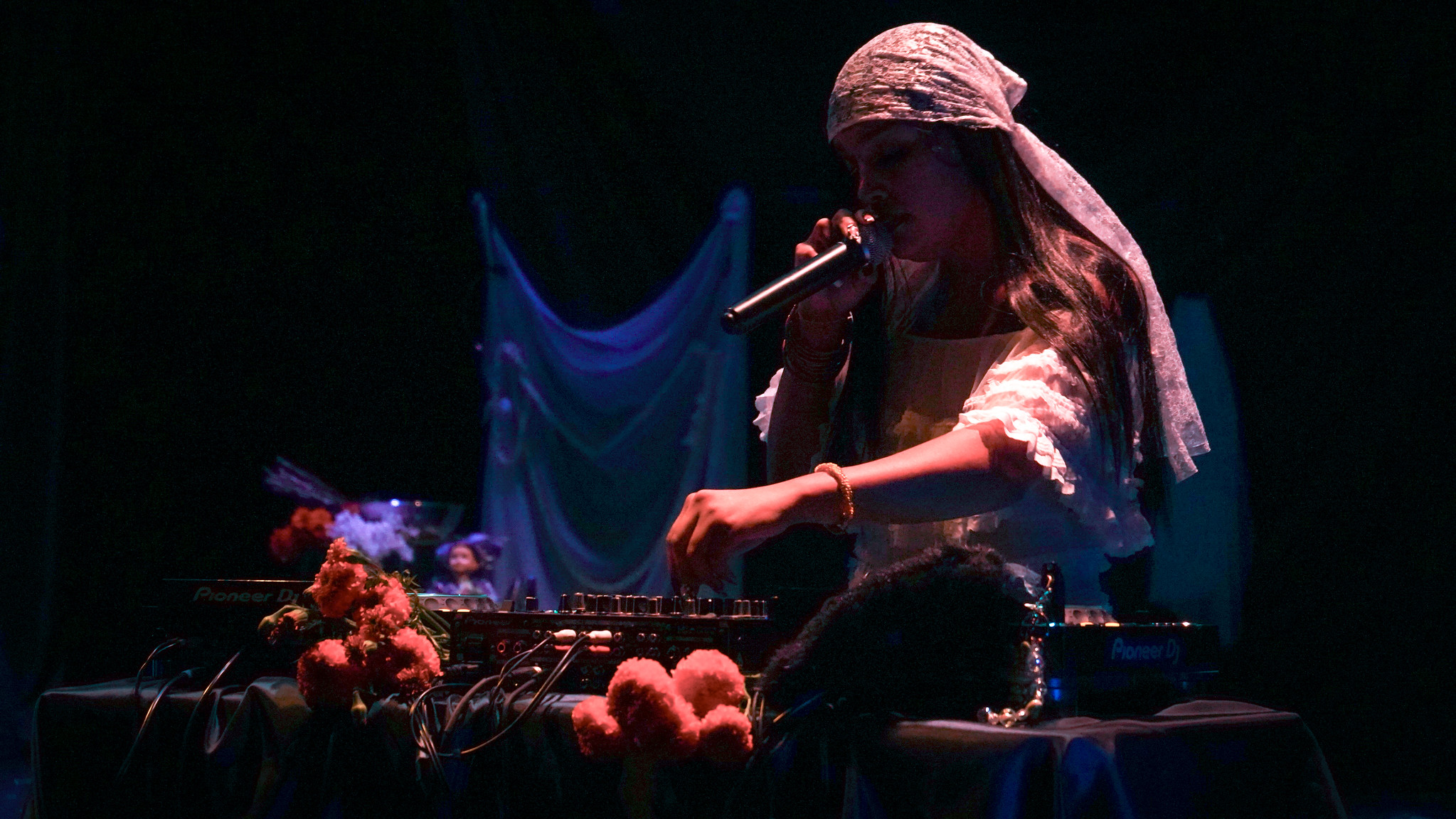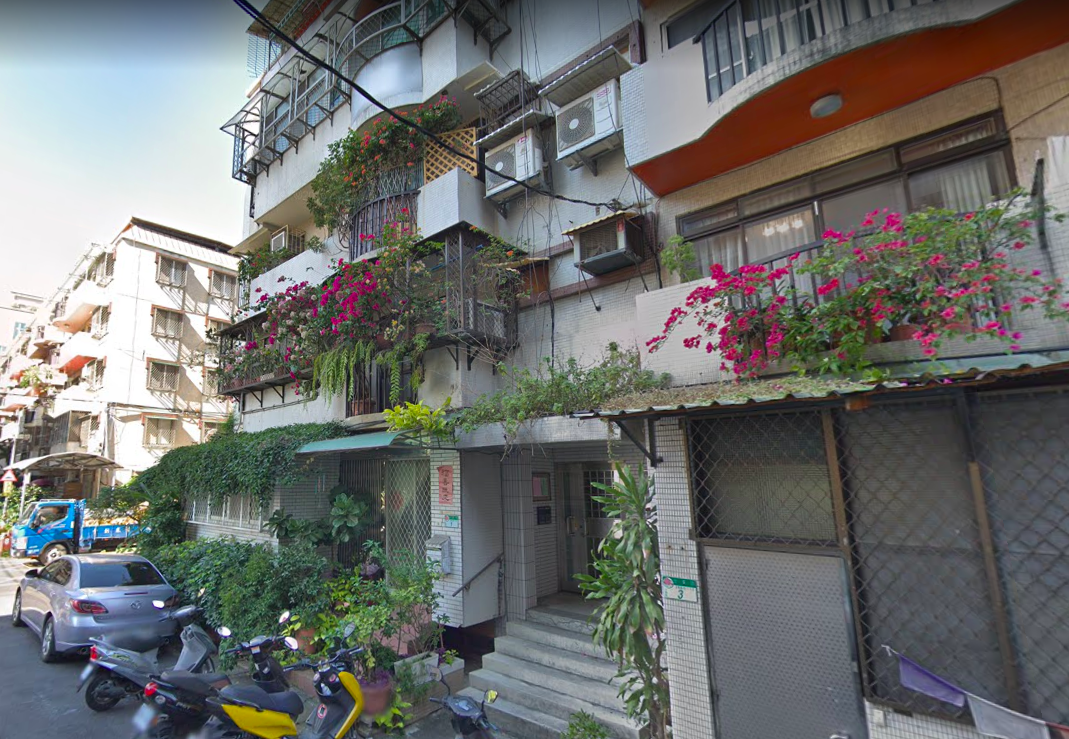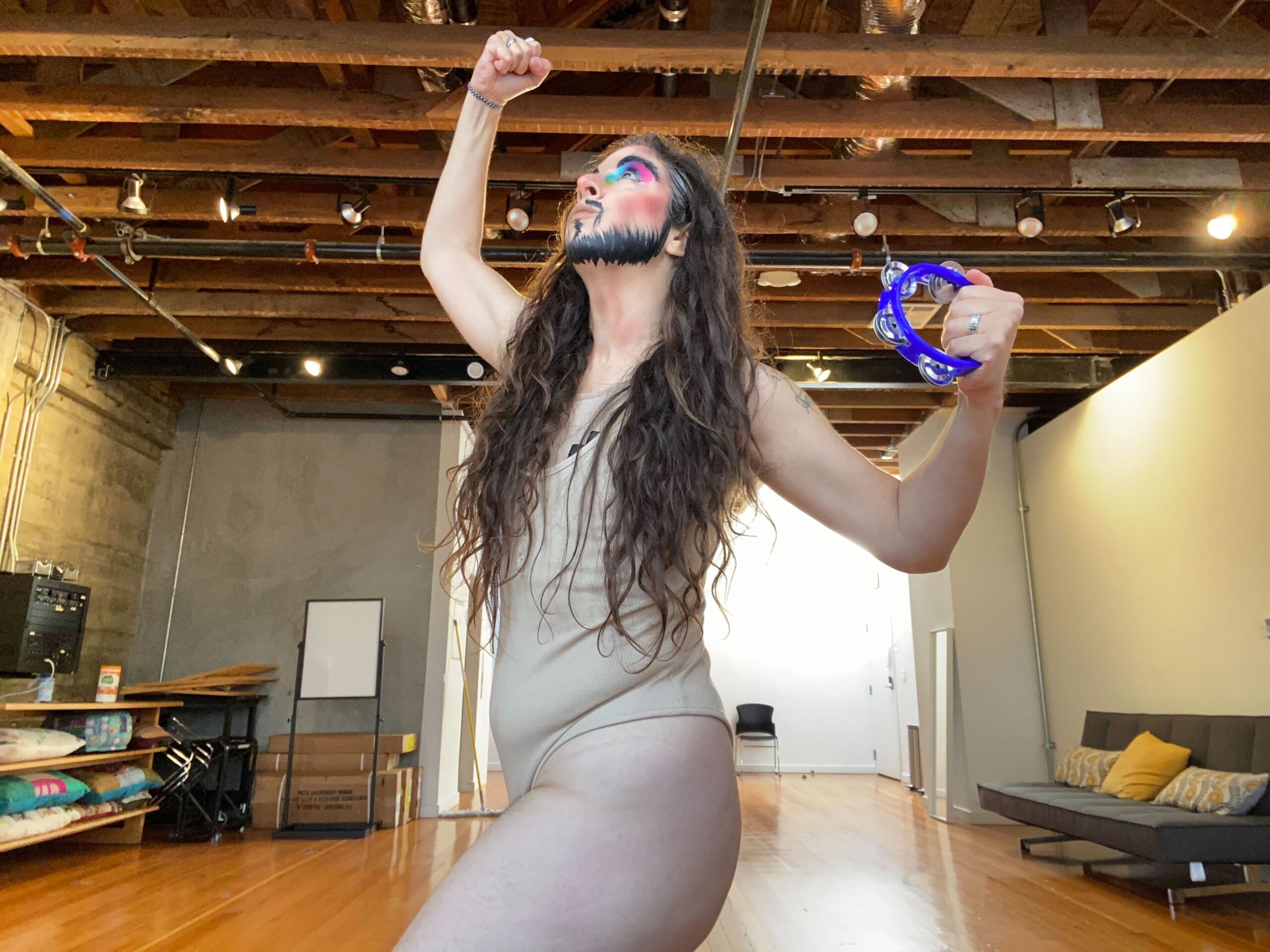For many years on my birthday, my mother would make her seafood gumbo. It was one of the few times I would ask her to make this dish and I always liked to share this experience with family and friends because my mother’s gumbo is an experience. It is thick, messy, full of crabs legs, shrimps, oysters and okra. We used to spread newspaper on the table, wear bibs and used nut crackers to crack the crab, the sound of folks sucking the meat out of the crabs legs filling the room. This is how it usually went down on my birthday.
This past weekend, I asked my mother to make gumbo for me for the last time.
Officially I stopped eating seafood many years ago but would always make an exception for the rare occasion that my mother makes gumbo. But the more I learn about the state of the world’s oceans and it’s sea life, the less I can partake in eating seafood even on a special occasion like my mother’s gumbo.
This is what’s up- There no longer exists any area in the world’s oceans that are unaffected by humans activities and commercial fishing is having a huge impact on the health of our oceans.
Fishing overall has one of the largest ecological footprints of any economic sector of the world (see monterey bay aquarium’s website for more info).
We are so out of balance with the sources of our food. In general, many of us are not thinking about the chain of events that take place in order to get the food that is on our plates. Where it came from, how it got there, who and what suffering and/or sacrifice took place for it to end up on our plates.
It is a challenge to try and trace every ingredient that we eat and even more so for those of us who eat out or often eat pre-prepared food.
And my mother’s Gumbo is so special and sacred to me. I have often said that my mother’s Gumbo is what connects me to my Louisiana roots on her side of the family.
My mother’s Gumbo is the inspiration for this dance piece I am making.
But this is one of the questions I am asking with the making of this piece-
“How do you maintain a treasured food tradition when that tradition is deemed unhealthy or unsustainable?”.
I made a conscious decision to honor a tradition that is precious to me by asking my mother to make Gumbo on my birthday-for the last time.
Leading up to the day, anytime I was asked about this looming event, I cried. It felt like a death to me. To lose Gumbo even though I only ate it rarely was a traumatic notion.
And even though my mother will probably continue to make Gumbo on rare occasions for other folks, I ate my last birthday Gumbo this past Sunday.
My mother and I shopped for the ingredients together. We ended up at Berkeley Bowl because we knew they would find both the seafood we wanted and the okra. While we shopped, we met two men whose families were originally from Louisiana. My mother was carefully picking through the Okra when a man who was waiting patiently, finally broke his silence. “So what time’s the Gumbo?” My mother and I both smiled. “Around 4pm” I answered.
This question came up again when we were at the seafood counter ordering our crabs and shrimps.
“oh yeah” this man said who was standing behind us. “It’s Gumbo time, I see!”. We ended up in a conversation with him. His mother was from Monroe, Louisiana. She moved out to Oakland in the 1940′s, a period in African American history known as The great migration . A large number of African Americans who moved to California during this period came from either Texas or Louisiana. My mother’s parents came to Los Angeles from Louisiana in the early 1900′s.
I almost only find myself in conversations like these with folks who have roots in the south. There is a way that we will end up talking about our families and history as if we already knew each other. This is one of the reasons Gumbo is so deep for me and my family. We end up connecting with folks from home….
Once we arrived at my brother’s house, I helped my mother cook this gumbo, watching carefully and listening intently to the stories she shared with me about her growing up..
There were so many stories, I will share them in another blog.
When it was time to eat, I gathered my family in the kitchen to recognize this moment. Those present included my two brothers, my nephew, my two nieces, sister in law, father, step mother, step brother, my godmother who is 102 (and hates to be referred to by her age) and a few close friends. I was not very eloquent in this moment. It was too emotional for me and I didn’t want to ruin it by crying or making it too serious. I wanted people to enjoy the Gumbo. But it was a sad moment for me that I didn’t really feel until the next day.
But that day, I got to watch my mother make Gumbo, share it with my family and enjoy a huge bowl of it myself. And it was sooo good!
It was loud and messy as always..

my mother looking over my garlic chopping technique for the gumbo

mama and me serving up her magic seafood gumbo
It makes me think that when we know we have a food tradition that we shouldn’t really be eating anymore, that the way to honor it might be to actually allow ourselves to eat it ceremoniously; whether we plan to eat it for the last time or to only have it on rare occasions, that we make conscious decisions about how and when we eat it and to savor all that it means to be eating it in that moment, both the positive and negative.
Thank you Mama,
For your awesome Gumbo all these years.
I love you.
Share This!
More Good Stuff
Ātl Verde: "Ātl," the Nahuatl word for water, symbolizing the river flowing through my evolution—connecting past, present, and future. This piece reflects my journey as
Unsettled/Soiled Group is a group of East, Southeast, and South Asian diasporic movers, makers, and settlers on Ramaytush and Chochenyo Ohlone land. Unsettled/Soiled Group is led by June Yuen Ting, one of CounterPulse's 2022 ARC Performing Diaspora artists and will debut Dwelling for Unsettling alongside VERA!'s Try, Hye!, Thursday through Saturday, December 8-10 & 15-17, 2022
VERA! (they/them) is a queer Armenian American drag king, dancer, and community activist. They are one of CounterPulse's 2022 ARC Performing Diaspora artists and will debut Try, Hye! alongside Unsettled/Soiled Group's Dwelling for Unsettling, Thursday through Saturday, December 8-10 & 15-17, 2022



